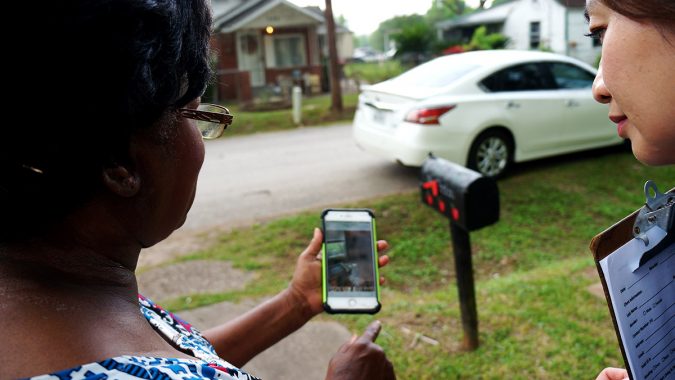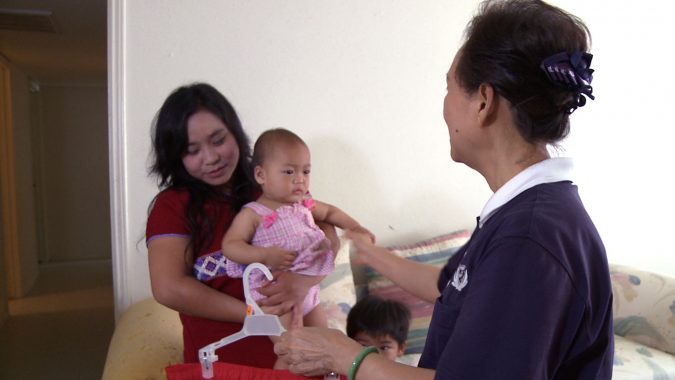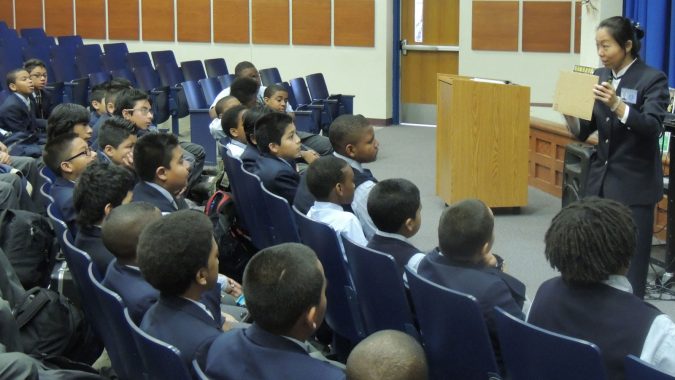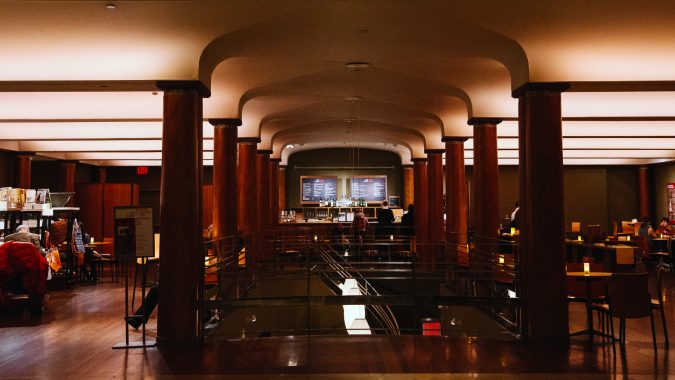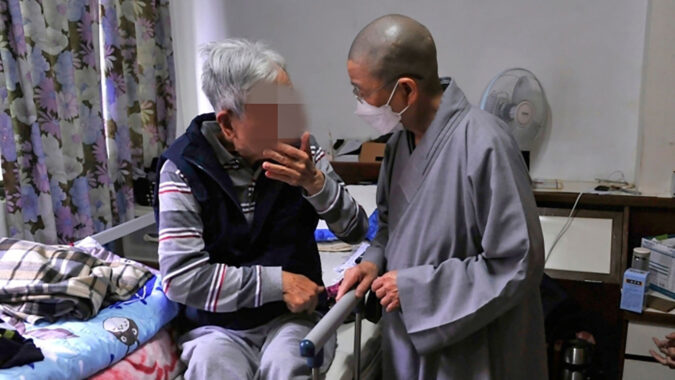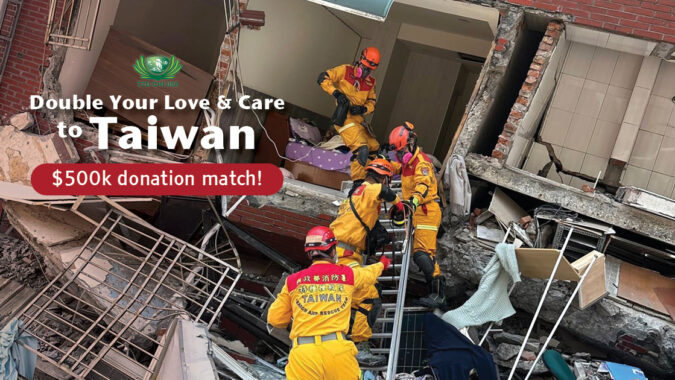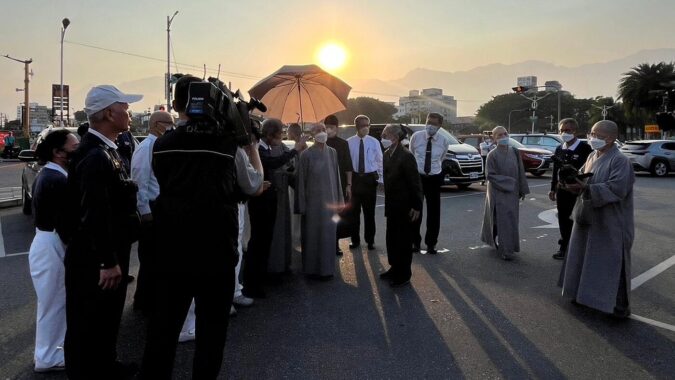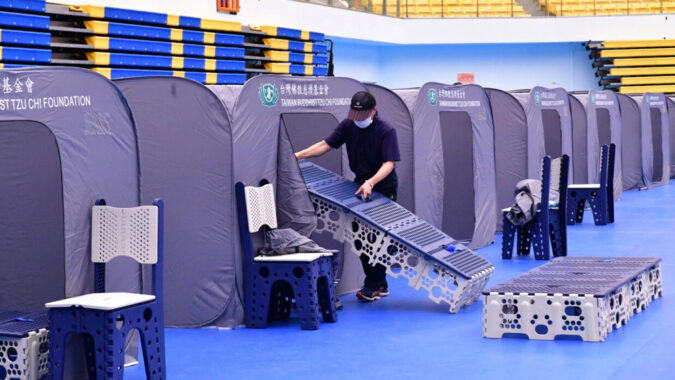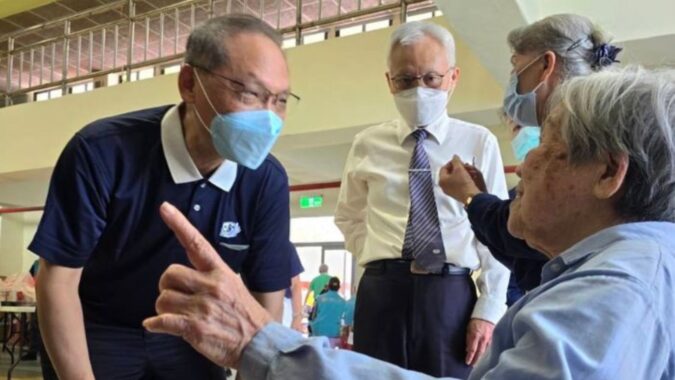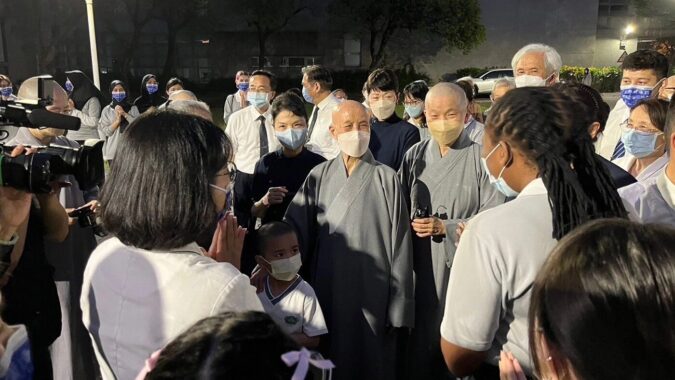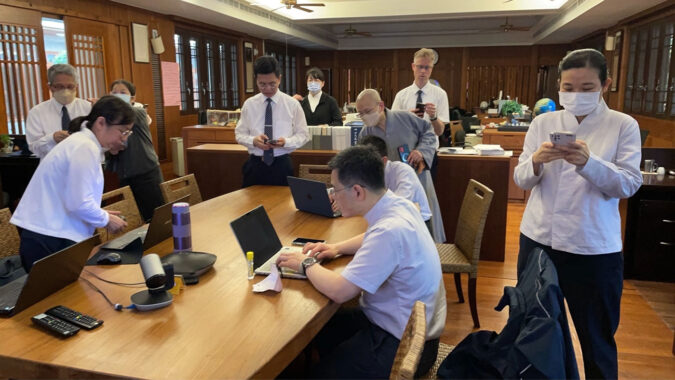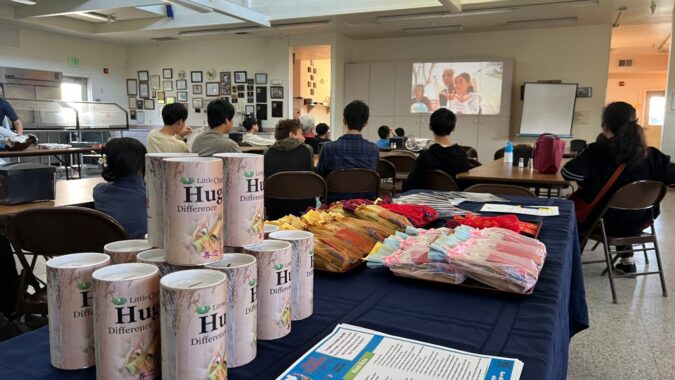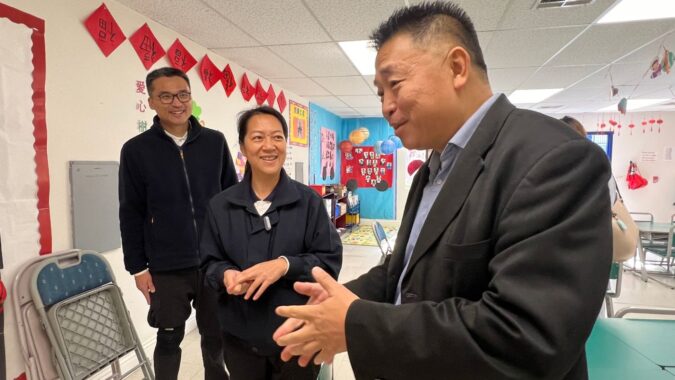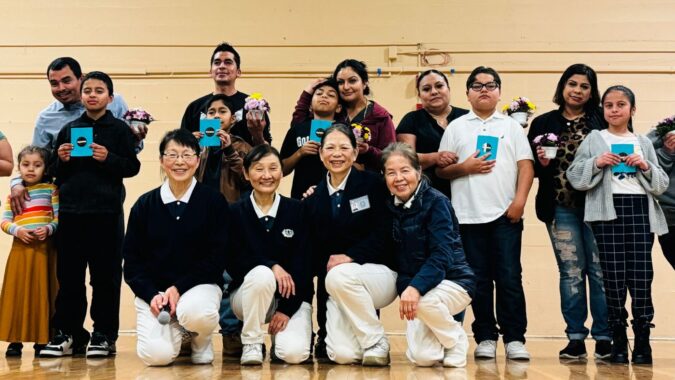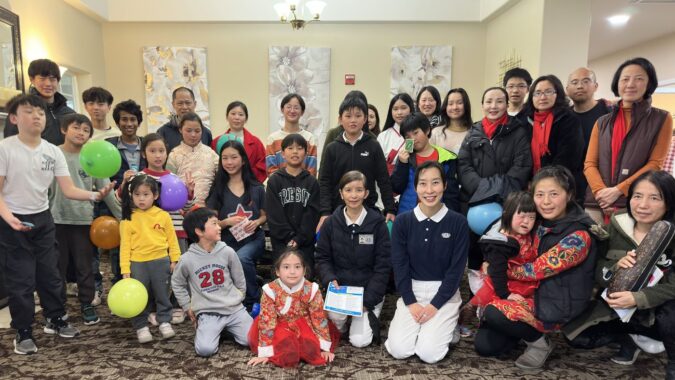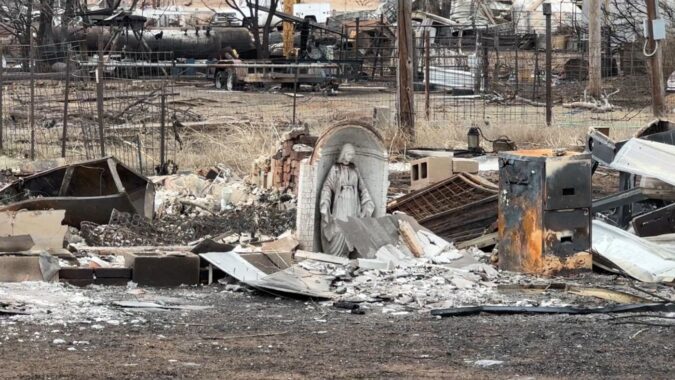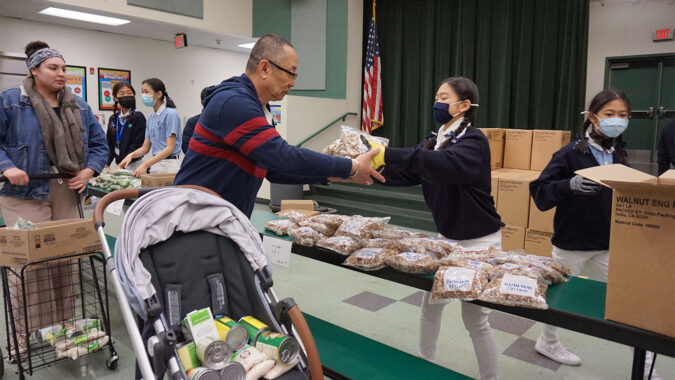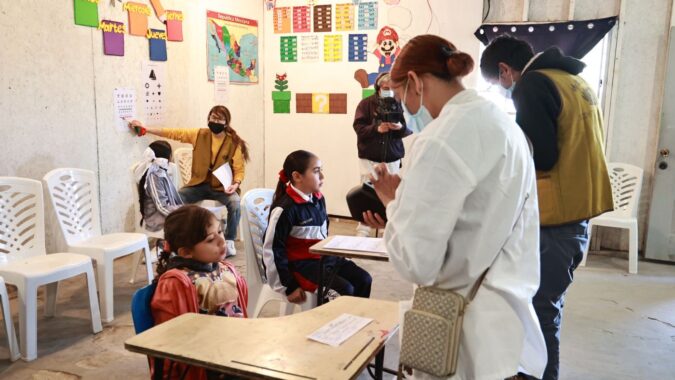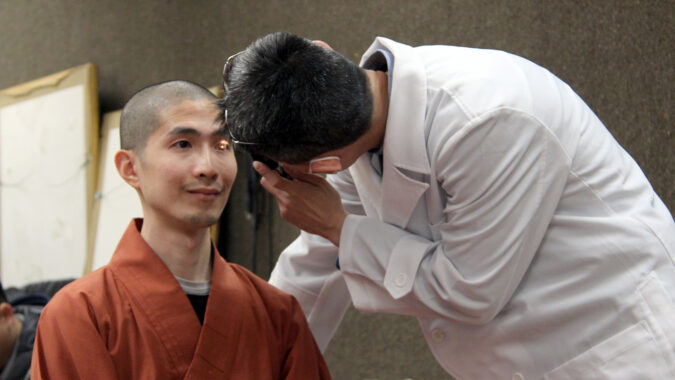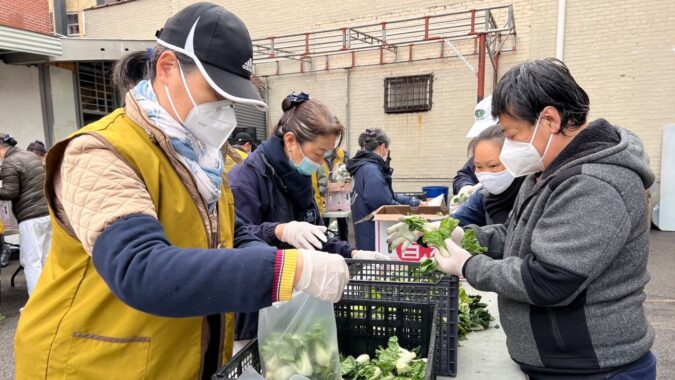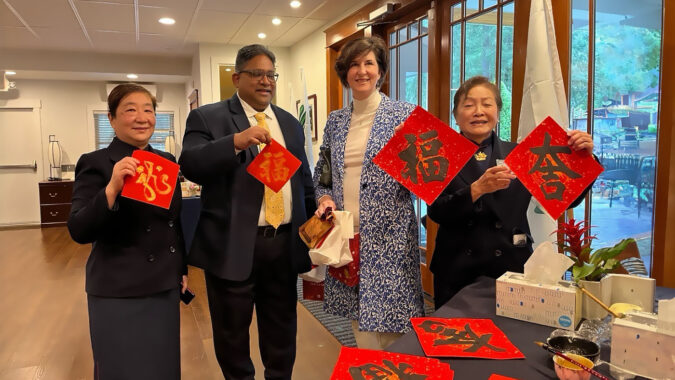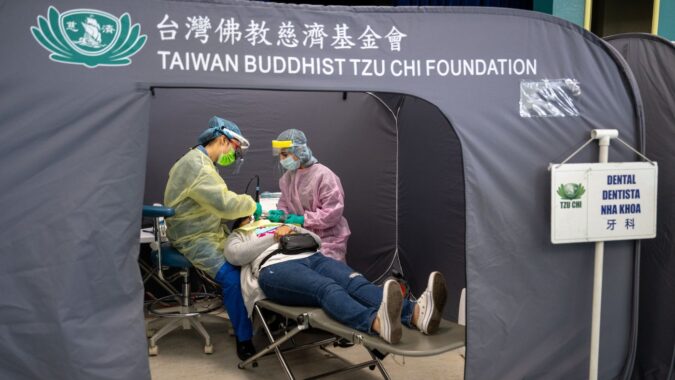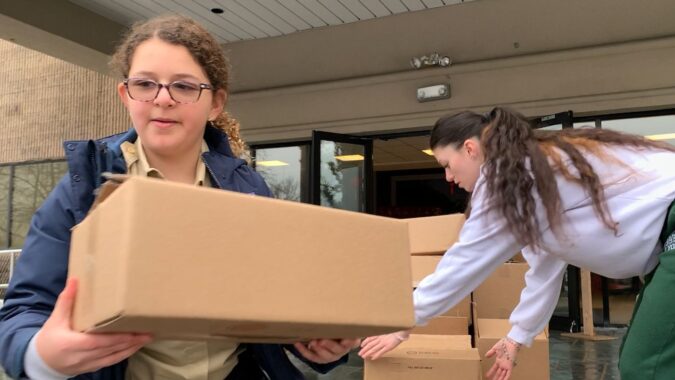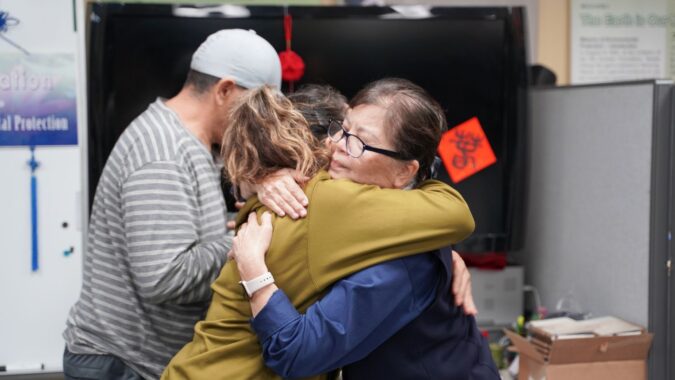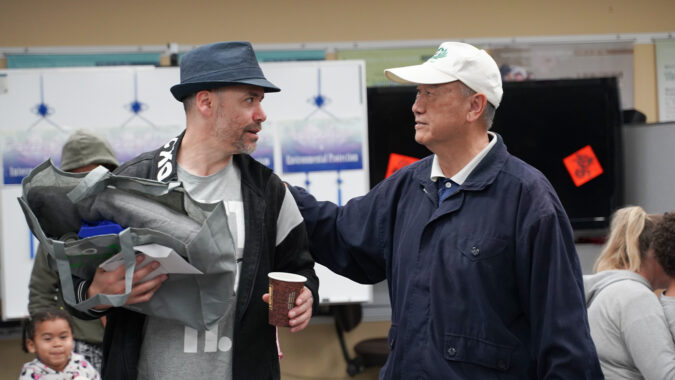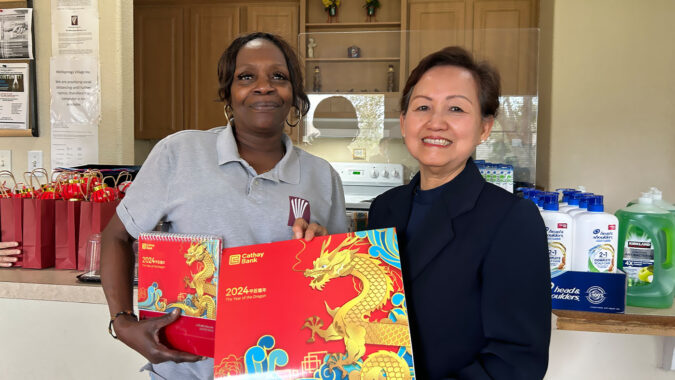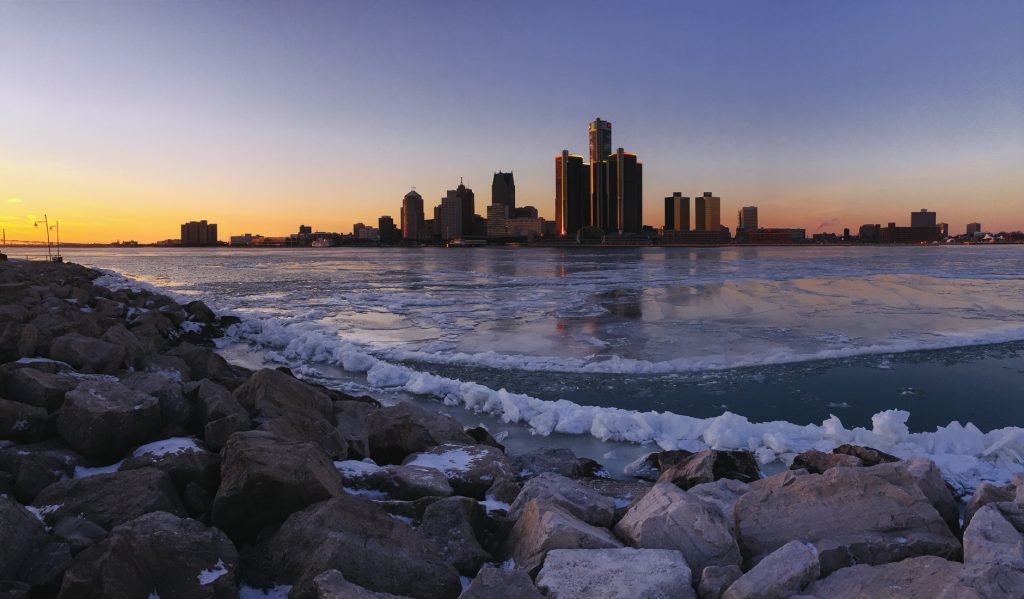
Director Alan Thompson’s notes from the field while filming “The Resettled”
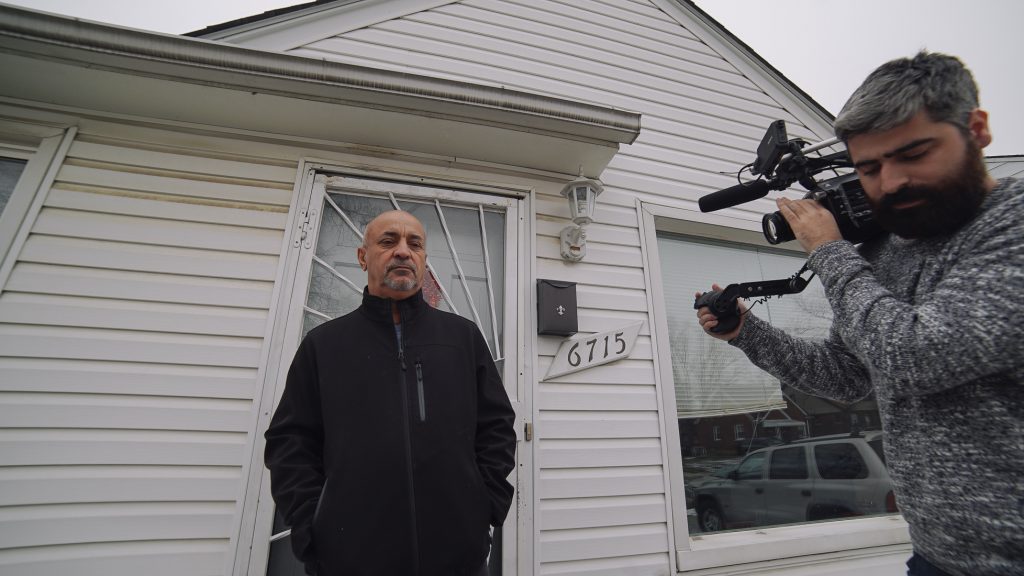
Is he recording? Make sure he doesn’t include what I just said in the video. I can’t have that get out
I first heard about USCRI as I was researching various organizations to partner with in the making of this documentary, as these organizations normally have great access to families and individuals that might be interested in filming and sharing their story. After meeting with two USCRI workers one day in DC, we decided that working together was going to happen, and now came the choice of which city to film in. USCRI has offices all across the country and a few cities sounded good: Iowa City, Albany, St. Paul… all cities that you wouldn’t expect to have a significant refugee population. Then, another city: Detroit.
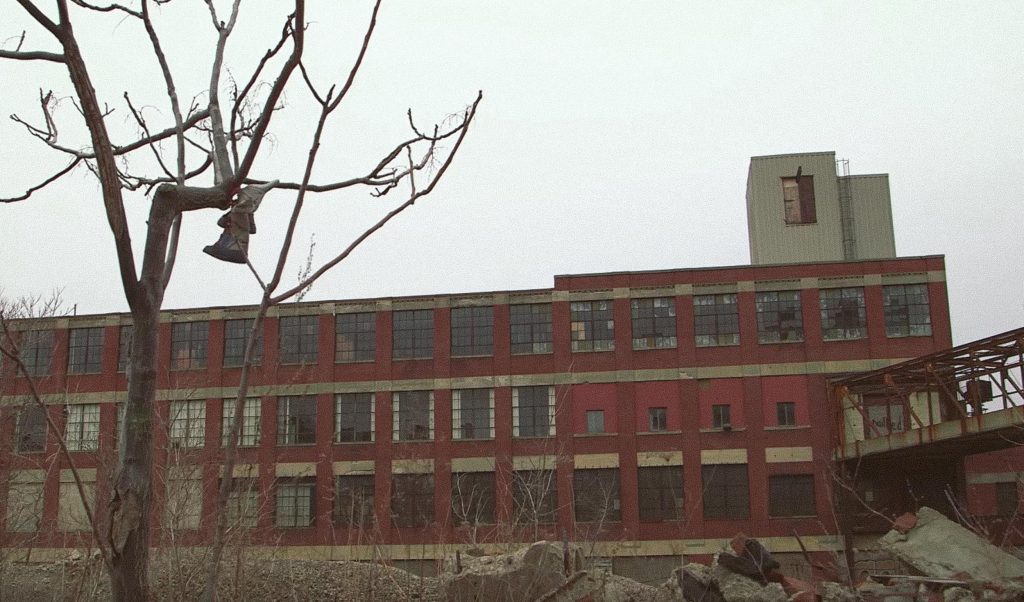
I have filmed other projects in Detroit prior to this documentary and the idea of going back really excited me. It’s a city that has been on it’s hands and knees for decades, but has never given up. I remember thinking: In a city that’s struggling with its own American citizens finding jobs and fitting in, how would refugees fit it? And could they succeed?
I was connected to the office in Dearborn, an area just outside of Detroit with a heavy Arabic influence. A quick google search found all sorts of articles about clashes between the locals and immigrants, uneasiness of seeing public signs in both English and Arabic– all of these things I’d never heard about or seen before. The USCRI office in Dearborn quickly connected me with a family who had been resettled in Dearborn a few months ago – when we filmed this episode in January they had been living there 6 months – a man called Jasem Al-Khalidi and his family.
They told me a bit about him, the fact that he was Iraqi and working at an auto parts plant in Detroit, he had a family and was fitting in fairly well given all of the normal problems one faces with resettlement. I thought that showing an Iraqi man who can barely speak English working at an auto parts plant, an industry that built the city of Detroit, would be great, and anything else going on in his life would just be a bonus.
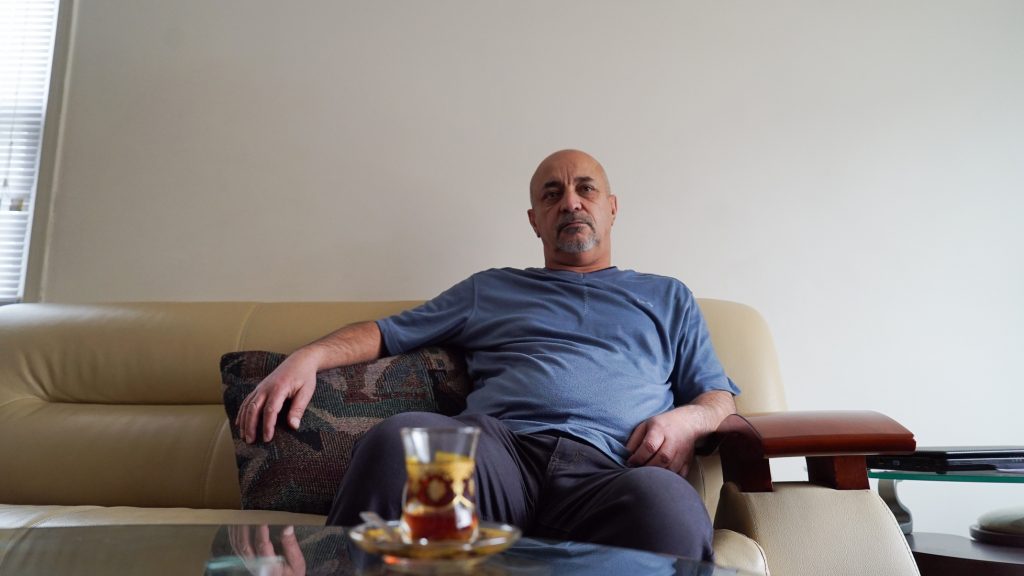
When we arrived in Detroit in the blistering cold of January, we were also told of a family that would be arriving the day that we were leaving, and that we could film with them as well; documenting their initial reactions to arriving in the US from a refugee camp, and learning about what they think of their new home and futures.
Perfect. This will be an episode about refugees who haven’t been resettled for very long, and we’ll show their adjustments and struggles in this new world.
Before we met Jasem, we filmed the process of setting up the apartment for this new family, something I didn’t even know happened but made sense when thinking about it: of course they’d want the family to feel right at home the moment they landed in America. Filming with some of the USCRI workers, mainly with Fares Hamood, we got to see how donations that are given to the USCRI are put into use. From beds to toys to dishes and silverware, Fares and other workers unpacked everything and set up this tiny second-floor apartment. By the end of the afternoon, it looked as if someone had been comfortably living there for years.
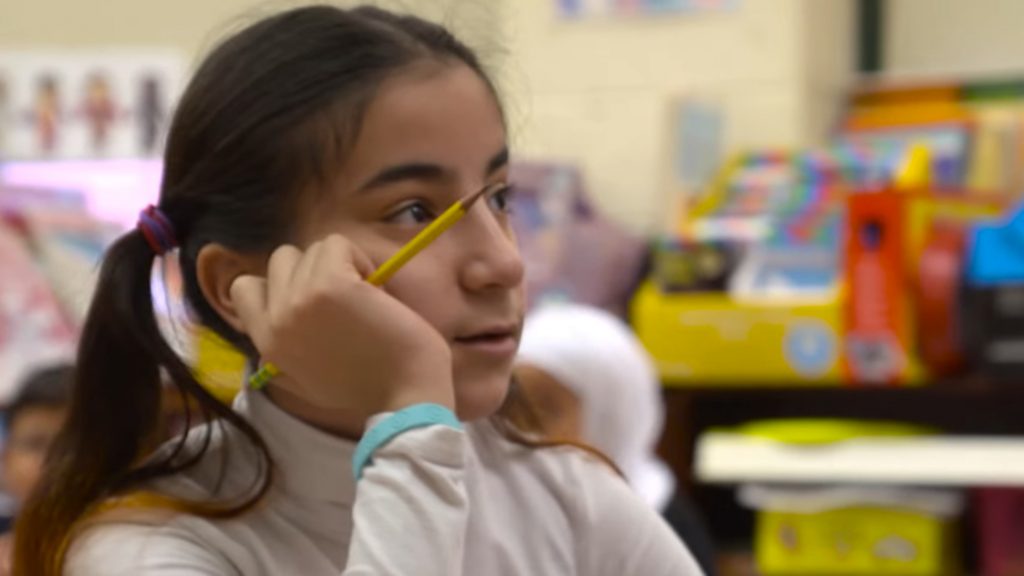
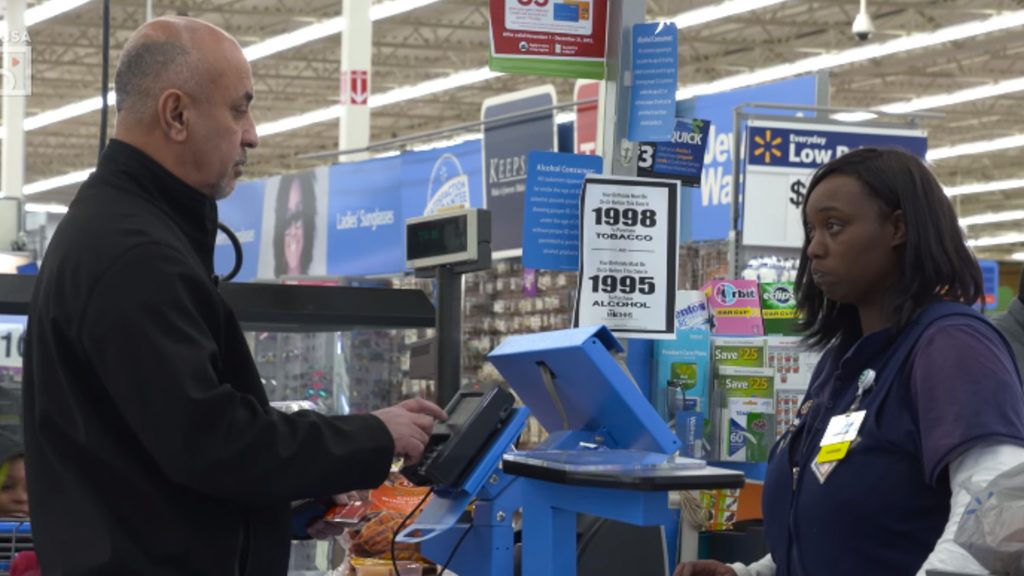
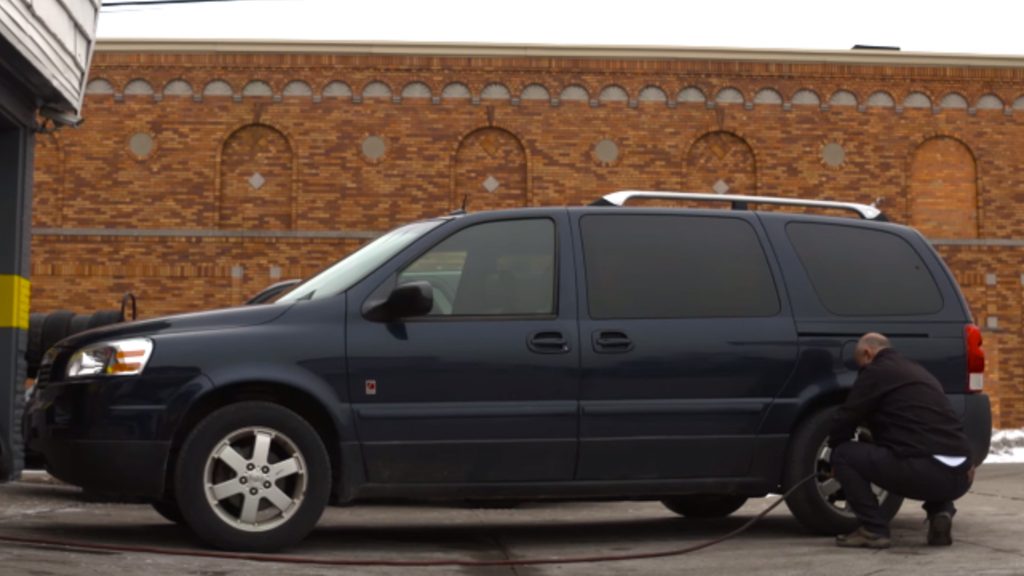
When we got back to Jasem’s home, his wife made us tea and we started the interview. While Luay translated everything between the two of us, I asked Jasem generic questions to get a background of who he was, where he came from, and what he wanted out of life. I went back over a few parts of his story, trying to fill in the specifics he seemed to glide past.
You said you had 4 children, but I only met two here. Where are the others?
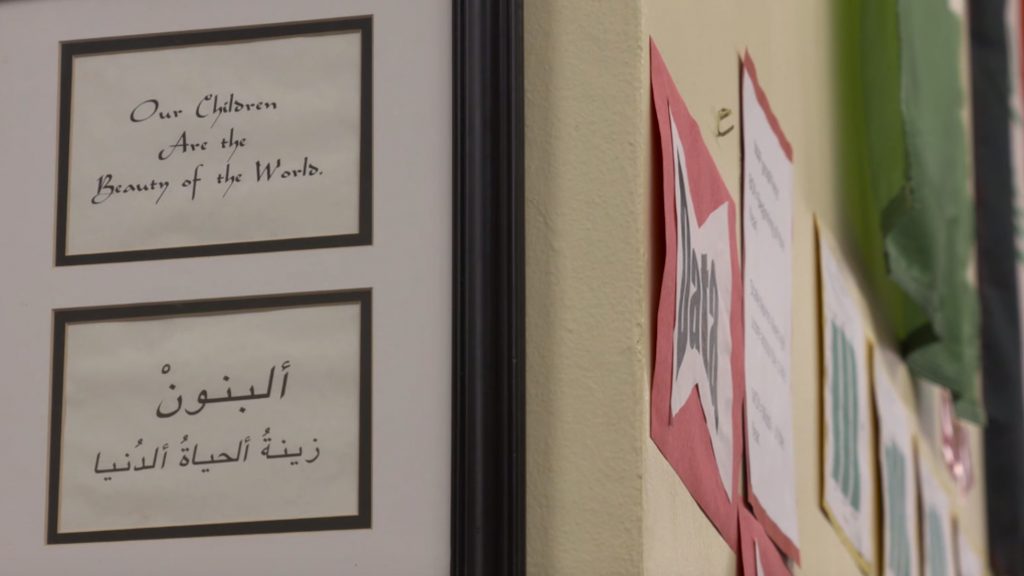
Jasem looked at Luay, and began to say something that took no time to think of, and it was very direct. Luay told me that Jasem didn’t want to talk about that because he doesn’t know how it will be used in the video and he doesn’t want it to harm his family. Ok, why would I want to press that issue? But still, there was one more thing I wanted to ask.
“Jasem, I see that picture you have on your wall, can you tell me a bit about that?”
Again, Jasem spoke directly to Luay in a personal manner. Luay looked at me and said that these sorts of things will harm his family, and he wants the reunification of his family more than anything else. He then said one more thing to me in near perfect English about the reason why he cannot divulge this information, and I understood immediately why he didn’t want to talk about it.
“Is he recording? Make sure he doesn’t include what I just said in the video. I can’t have that get out.” I told him there’s no way I would include that, I didn’t want to harm what he’d worked so hard for and is still struggling to have in his life.
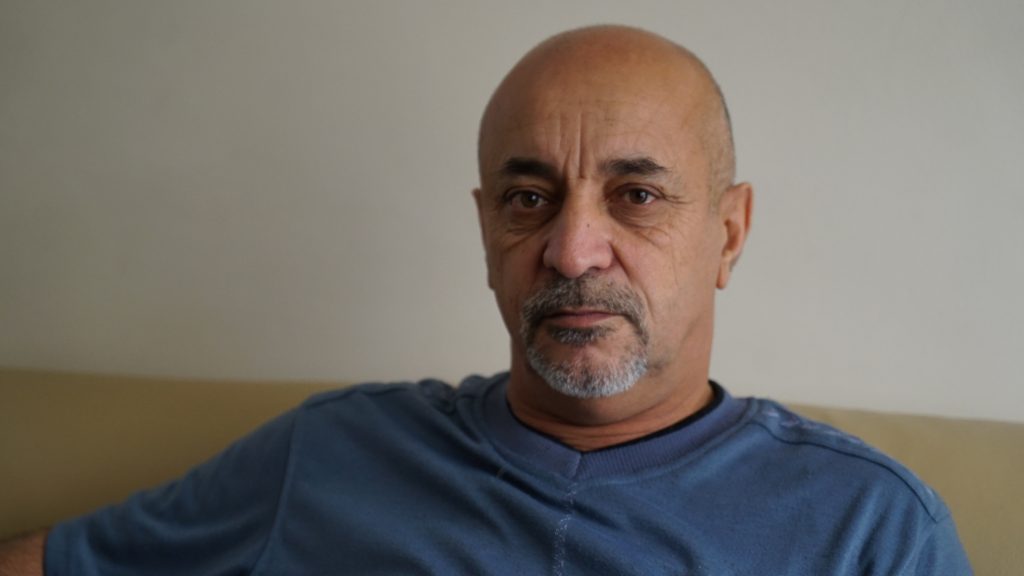
We finished the interview and continued filming. Jasem embraced me at the end of filming and there was something deeper between us, I knew more about him in a few hours than I ever expected to. He shared his family, his house, his personal struggles to adjust to this new life in America, but like an iceberg in the ocean, that was only the tip of what made Jasem the person he is. For a refugee, this is always the case. The end of their story isn’t just the journey and the readjustment to life here in America, it is about what they had to do to get here, which is often something that cannot be put into words to stress its importance or difficulty: it is something that can only be lived, and something so sacred that it cannot be shared because the story has yet to be finished.
On our last day in Detroit, we met the new family that had just arrived from the refugee camps in Turkey. They were an Iraqi family, fairly young, with two adorable young daughters. Seeing them place their bags on the ground – their only belongings aside from each other – then the girls run into their room to see the toys on the bed, was reassuring to Fares who had worked so hard to get this apartment ready for them; but it was also reassuring to me as a filmmaker to see this family end one chapter of their lives and begin another.
-Alan Thompson, Director of The Resettled

